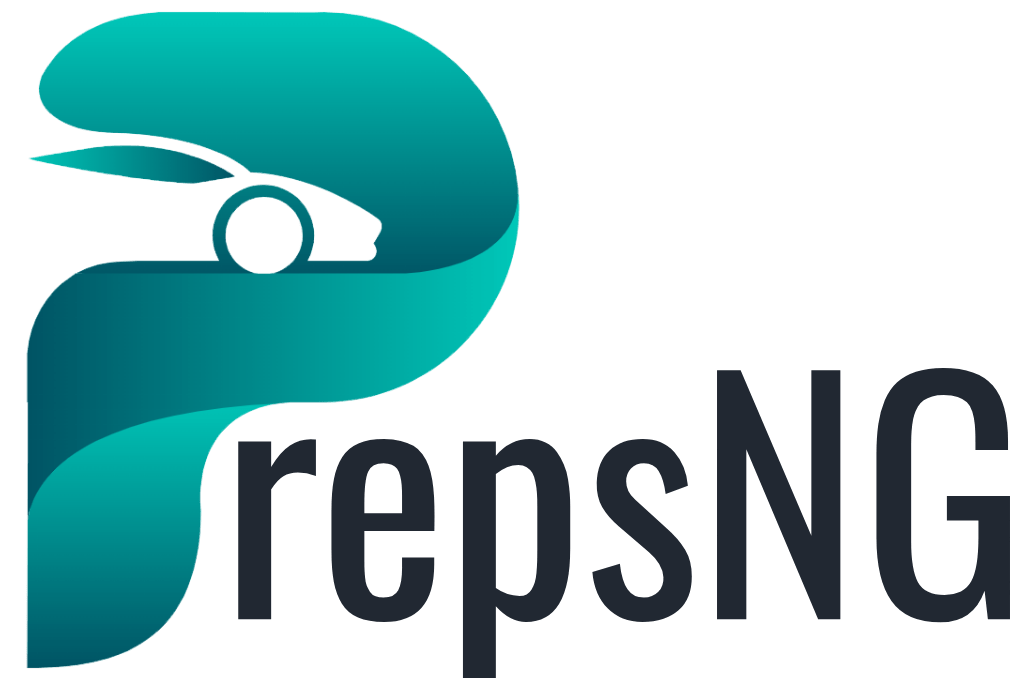Study Nursing in Canada: Are you considering moving abroad to earn your nursing degree? With its cutting-edge education system and booming healthcare industry, Canada is an excellent choice. With the demand for quality healthcare rising globally, nursing provides a stable and rewarding career path. Canada is one of the top study destinations for nursing, providing world-class education, practical training opportunities, and potential pathways to immigration.
This guide covers everything you need to know as a Nigerian student to gain admission into nursing schools in Canada.
Why Study Nursing in Canada?
Here are the top reasons for nursing students to choose Canada:
Join any of our Social Media Pages to receive Latest Updates!- World-class nursing programs – Canadian nursing schools are globally recognized for their quality education.
- High education standards – Nursing programs meet stringent accreditation requirements.
- Practical learning – Programs provide clinical placements in top hospitals and community clinics.
- Immigration prospects – Permanent residency pathways exist for international graduates.
- In-demand profession – Canada’s rapidly aging population leads to high nurse shortages.
- Competitive salaries – Registered Nurses earn upwards of CAD 70,000 per year.
- Multicultural society – Canadians welcome and value diversity, including international students.
Overall, Canada provides the ideal environment to gain top-notch nursing qualifications.
Top Nursing Schools and Programs in Canada
Here are leading Canadian universities offering nursing programs for international students:
1. University of Toronto
- Offers collaborative BScN program with partner colleges
- Cutting-edge simulation facilities and clinical placements
- BScN program takes 4 years
- Consistently ranked Canada’s #1 nursing school
2. McGill University
- Renowned 4-year BSN degree with practicum rotations
- Advanced patient care labs and technology
- Graduate nursing programs also available
3. McMaster University
- Accelerated 24-month Bachelor’s program for second degree students
- state-of-the-art labs and acclaimed clinical instructors
- Strong research and evidence-based learning focus
4. University of Alberta
- Collaborative 4-year BScN program with on-campus and hospital training
- Option to pursue graduate nursing specializations
- Ranked among Canada’s top research universities
- Apply Here
5. University of British Columbia
- Ranked 44th globally for nursing
- BScN, MSN and PhD nursing programs
- Specialization in nurse practitioner field
With extensive clinical placements, these nursing programs prepare students for professional registration and practice. Next, let’s look at admission requirements.
Admission Requirements for International Students
To study nursing in Canada, here are the typical admission criteria:
Academic
- Completion of high school diploma with minimum grades
- Strong grades in mathematics, sciences, English
- Pass pre-admission nursing exam if required
Language
- Proof of English fluency through IELTS or TOEFL
- Minimum language test scores set by each university
Clinical
- Immunization records and health clearance
- Police check and criminal record declaration
Other
- Personal essay explaining motivation for nursing
- 2-3 letters of recommendation
- Volunteer or work experience in healthcare
Entry Requirements for Nigerian Nursing Students
To study nursing in Canada, typical requirements are:
Join any of our Social Media Pages to receive Latest Updates!Academic Credentials
- WAEC/NECO with minimum of 5 credits
- Relevant diploma or degree depending on program level
- Strong grades in prerequisite subjects like Biology
English Language Proficiency
- IELTS overall minimum 6.5, no band below 6.0
- Alternatively, TOEFL iBT 90+
Licensure Exams
- Passing applicable exams like NCLEX-RN for program registration
Personal Essay and Resume
- Demonstrating motivation and nursing experience
Letters of Recommendation
- From 2 referees highlighting abilities
Supplementary Application Forms
- Completed accurately with all details
Meeting direct entry BScN requirements right after secondary school can be extremely competitive for Nigerians given limited spaces. A bridging nursing diploma or undergraduate degree in Canada can open up opportunities. Next, let’s explore tuition fees and scholarships.
Cost of Studying and Living in Canada
Average tuition costs for international nursing students in Canada:
- Undergraduate Degree – $27,000 to $41,000 per year
- Graduate Degree – $17,000 to $26,000 per year
Average living expenses range:
- Housing – $500 to $1000 per month
- Food – $300 to $500 per month
- Health Insurance – $600 per year
- Other costs – $300 per month (approx.)
Part-time on-campus work opportunities help offset costs.
Tuition Fees and Scholarships
The average tuition fee for international nursing students in Canada is:
- Bachelor’s programs: CAD 27,000 – CAD 57,000 per year
- Master’s programs: CAD 13,000 – CAD 26,000 per year
However, numerous scholarship options exist:
Scholarships for Affordable Nursing Education
While cheaper than countries like USA or UK, studying in Canada as an international student still costs about CAD $30,000 per year including tuition and living expenses.
Thankfully, excellent scholarships make quality nursing education more affordable:
1. Vanier Canada Graduate Scholarships
- For PhD students in Canada
- Worth $50,000 per year
2. University of Toronto Awards
- Needs-based bursaries for undergraduate students
- Worth $2000 to $7000
3. UBC International Leader of Tomorrow Awards
- Merit awards for undergraduate students
- Covers up to $40,000 of tuition
4. University of Alberta Awards
- Talent Entrance Awards for undergraduate scholars
- $4000 to $7000 value
5. Manitoba Graduate Scholarship
- For graduate students in Manitoba
- Worth $15,000 per year
Provincial Nursing Scholarships
- Provided by provincial governments
- For students committed to work in the province after graduation
- Amounts range from CAD 5,000 – CAD 15,000
Student Loans
- Offered by banks and lending organizations
- Low interest rates and flexible repayment terms
- Must pass credit check and have guarantor
External Awards
- Funded by Corporations, Foundations, NGOs
- E.g. Nurses Foundation of Ontario, NEST Scholarship
- Research widely and apply aggressively!
Careful financial planning and scholarship applications can help make studying nursing in Canada more affordable.
Student Visa Application Process
Once accepted into a Canadian nursing program, you can apply for a study permit by:
- Creating an account on Canadian Immigration website
- Filling and submitting the online student visa application
- Providing proof of acceptance, financial documents, biometrics
- Attending visa interview at a Canadian High Commission
- Obtaining approval and letter of introduction
- Paying $150 CAD study permit processing fee
Aim to complete the visa process at least 2 months before your program start date.
Career Prospects after Graduating in Canada
As a Nigerian nurse trained in Canada, you have bright career opportunities including:
- Become a Registered Nurse after passing the NCLEX-RN exam – median salary starts at CAD $70,000 per year.
- Find employment in Canada’s urban hospitals, community clinics and more
- Leverage permanent residency pathways for international graduates
- Immigrate to Canada once licensed and pursue your career long-term
- Higher education paths like Nurse Practitioner and Masters in Nursing
- Settlement support from provincial nursing regulatory bodies
There is also massive demand for nurses in other countries you can consider like the US, UK, Australia etc.
FAQs on Studying Nursing in Canada
Here are answers to common questions on nursing education in Canada:
What are the education routes to becoming a nurse in Canada?
You can become a registered nurse via a 4-year BScN bachelor’s degree or 2-3 year direct-entry MSN graduate degree.
What is the cost of studying nursing in Canada?
Undergraduate nursing tuition fees range from $25,000 to $41,000 annually. Graduate degree costs range from $17,000 to $26,000 per year on average.
What jobs can you get with a BScN in Canada?
Registered Nurse, Pediatric Nurse, Telehealth Nurse, Clinical Instructor, Nurse Manager etc. Many specialization options too.
What are the English requirements to study nursing in Canada?
You need at least an IELTS score of 7.0, with a minimum of 6.5 in each band, to meet English proficiency requirements for nursing programmes.
Is a BScN from Canada valid in USA?
Yes, Canadian BScN degrees meet eligibility criteria to practice as an RN in USA after passing the NCLEX exam.
Can I immigrate to Canada after studying nursing?
Yes, international student graduates become eligible for permanent residency through Express Entry after gaining 1+ year of work experience in Canada.
Wrapping Up
Canada offers an unmatched destination for international students to gain top-class nursing qualifications. With commitment and proper planning, you can absolutely realize this goal.
Leverage the advice in this guide to handle the admission process, tuition fees, visa application and career-building after graduation.
Don’t miss out on this life-changing opportunity to study nursing in one of the world’s best healthcare systems. The door to a prosperous global nursing career awaits you in Canada!
Let me know in the comments if you found this guide helpful. And please share it with any other nursing students aspiring to study in Canada!
I hope this post has answered all your queries. If you have any questions or comments about Study Nursing in Canada: Entry Requirements and Scholarship Opportunities, please feel free to leave them in the comments section below, I will be happy to answer them. And don’t hesitate to share it with others who might find it helpful too!!



![Courses Offered in Clifford University and Admission Requirements [year]/[nyear] 2 Complete List of Courses Offered in Clifford University and Admission Requirements](https://www.preps.ng/wp-content/uploads/2024/01/Complete-List-of-Courses-Offered-in-Clifford-University-and-Admission-Requirements-150x150.jpg)
![Babcock University Cut Off Marks for [year]/[nyear] 3 Babcock University Cut Off Marks](https://www.preps.ng/wp-content/uploads/2024/01/Babcock-University-Cut-Off-Marks-150x150.jpg)


![Redeemer's University Dress Code and Approved Items for Fresh Students - [year]/[nyear] Guide 9 Redeemer's University Dress Code and Approved Items for Fresh Students](https://www.preps.ng/wp-content/uploads/2023/09/Redeemers-University-Dress-Code-and-Approved-Items-for-Fresh-Students-330x220.webp)
![OAU Course Registration Guidelines [year]/[nyear] 11 OAU Course Registration Guidelines](https://www.preps.ng/wp-content/uploads/2023/09/OAU-Course-Registration-Guidelines-330x220.webp)
![FULOKOJA Registration, Clearance & Medical Guidelines for Newly Admitted Students [year]/[nyear] 13 FULOKOJA Registration, Clearance & Medical Guidelines for Newly Admitted Students](https://www.preps.ng/wp-content/uploads/2024/03/FULOKOJA-Registration-Clearance-Medical-Guidelines-for-Newly-Admitted-Students-330x220.jpg)
![YABATECH Registration Procedure for Newly Admitted Students [year] 15 YABATECH Registration Procedure for Newly Admitted Students](https://www.preps.ng/wp-content/uploads/2024/02/YABATECH-Registration-Procedure-for-Newly-Admitted-Students-330x220.jpg)

![How to Check WAEC Result in [year] | Step-by-Step Guide 19 How to Check WAEC Result](https://www.preps.ng/wp-content/uploads/2023/08/How-to-Check-WAEC-Result-330x220.webp)

![University of Ibadan Course Registration Guidelines for [year]/[nyear] Session 23 University of Ibadan Course Registration Guidelines](https://www.preps.ng/wp-content/uploads/2023/09/University-of-Ibadan-Course-Registration-Guidelines-330x220.webp)
